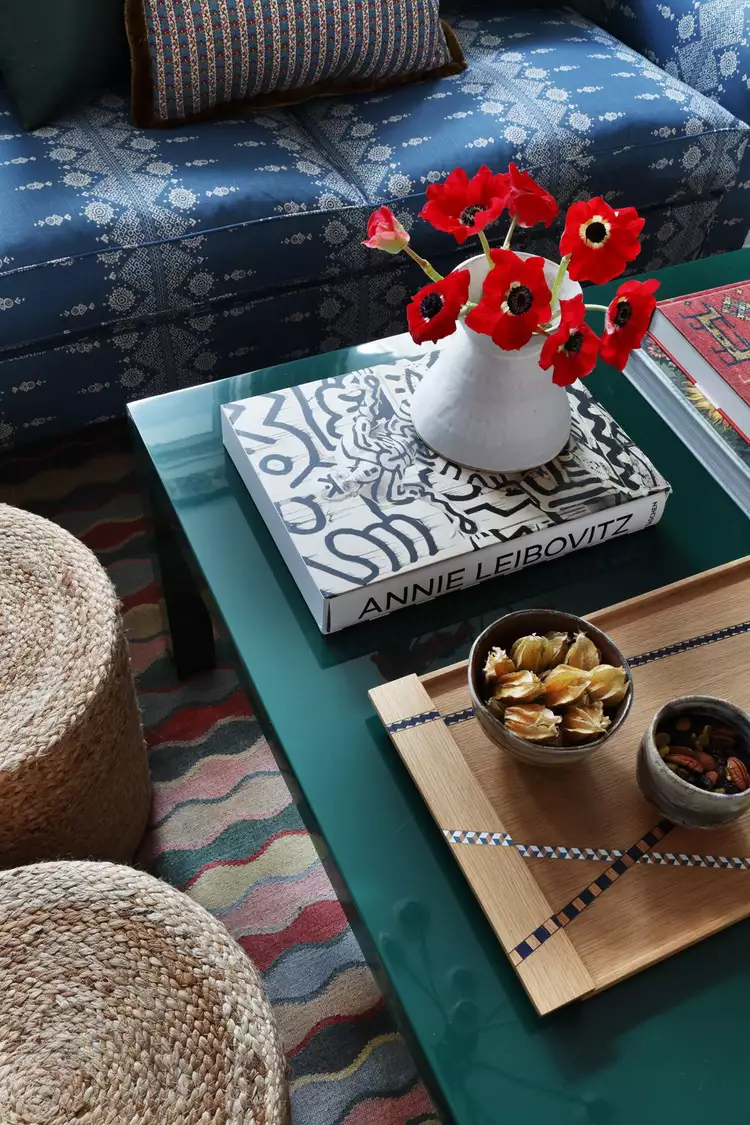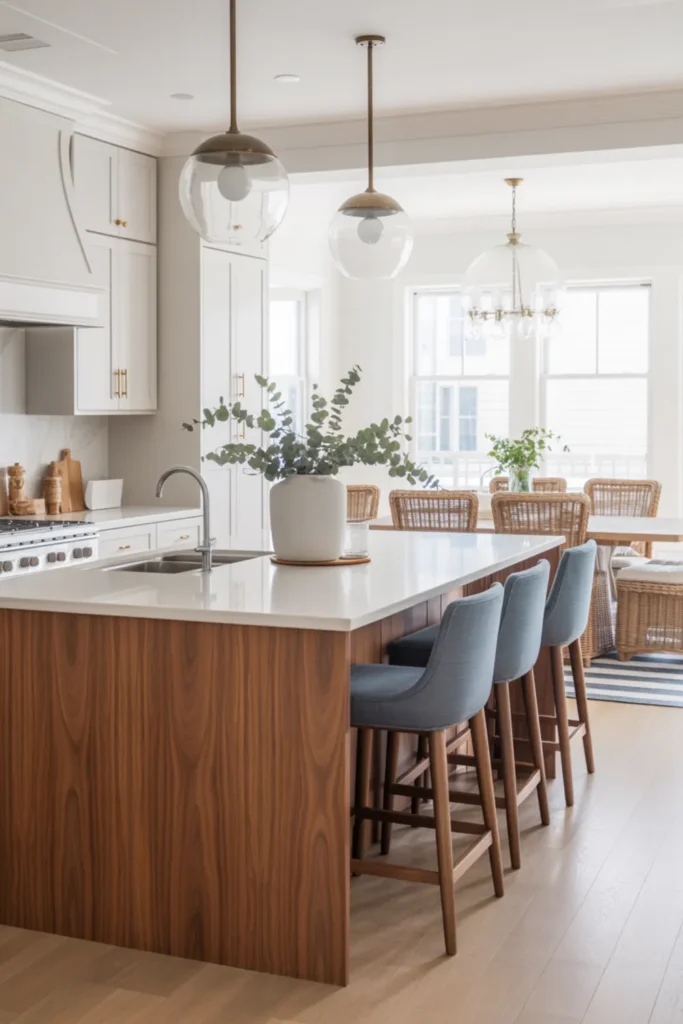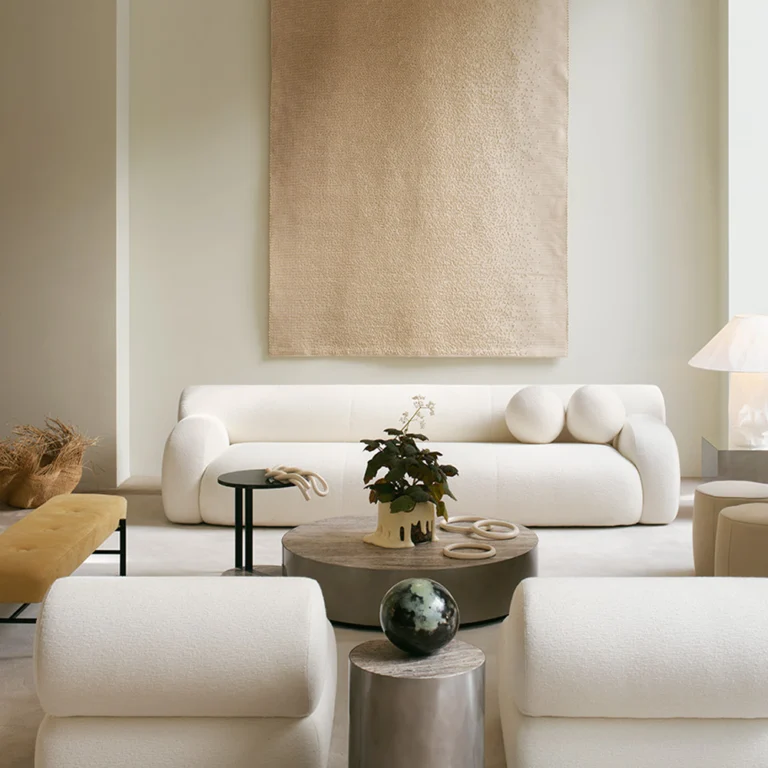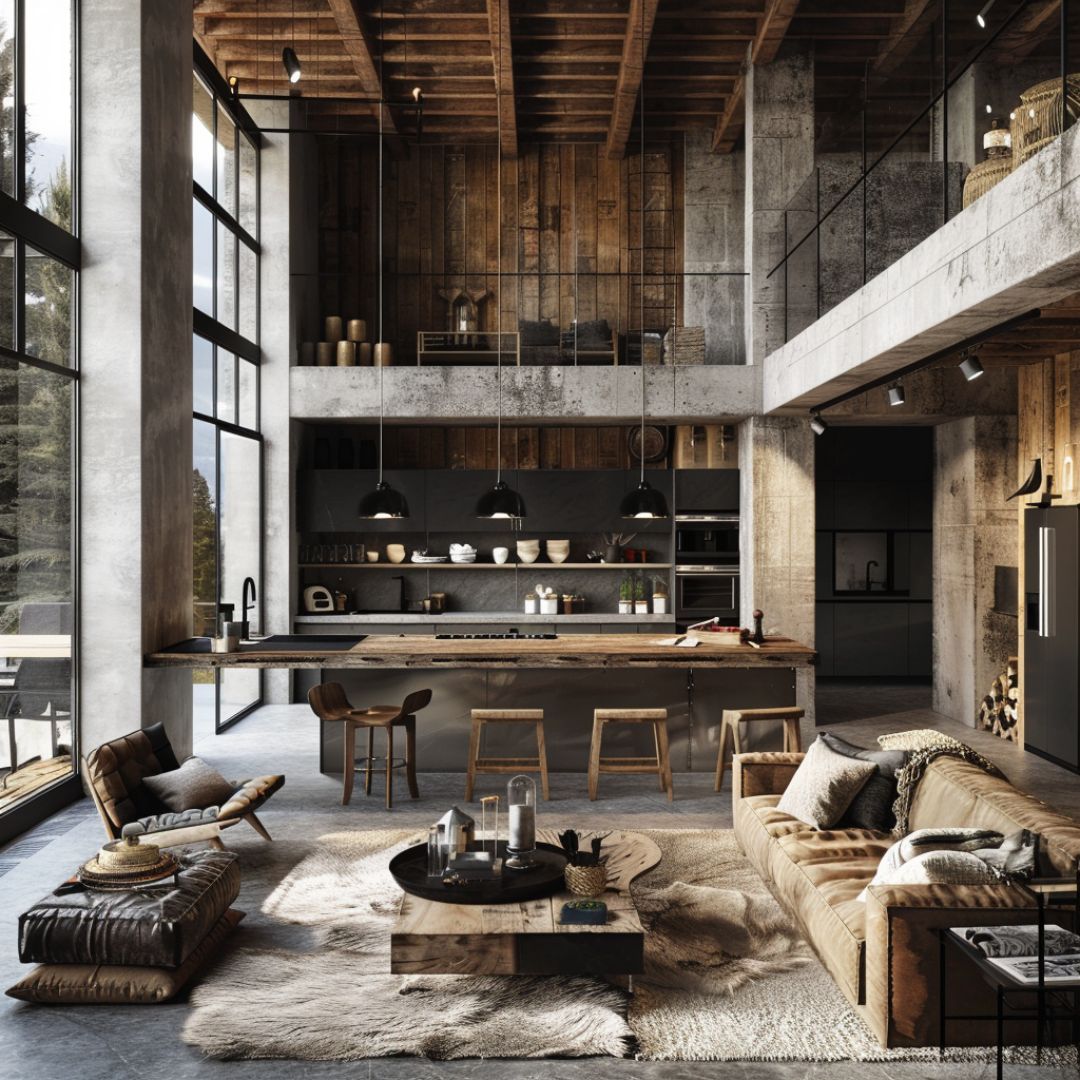In the world of luxury hospitality, every detail counts – and few elements shape a guest’s first impression more than the furniture. From the moment a traveler steps into a hotel lobby or a patron enters a restaurant, the ambiance is set by the seating, tables, and décor that surround them. This is where hospitality hotel furniture comes into play. High-end hotels, restaurants, lounges, and resorts rely on contract furniture – furniture specifically designed for commercial use – to create an atmosphere of comfort and elegance that can withstand the rigors of daily use. Unlike residential pieces, contract furniture is built to endure heavy traffic and meet strict industry standards. It marries form and function, ensuring that plush sofas in a hotel lounge or stylish dining chairs in a restaurant not only look exquisite but also stand up to constant use by guests.
Melaaura, a Los Angeles-based luxury furniture brand, exemplifies this ethos of marrying beauty with durability. With an LA design sensibility that emphasizes innovation and sophistication, Melaaura provides custom hospitality furniture solutions that elevate commercial spaces. In this guide, we will explore what contract furniture is and why it’s essential for the hospitality industry. We’ll also delve into how to choose the right pieces – focusing on critical factors like durability, aesthetics, customization, compliance, and brand alignment – and highlight current materials and design trends. Finally, we’ll see how Melaaura’s bespoke approach and commitment to quality make it a go-to provider for luxury custom hospitality furniture in hotels and restaurants.
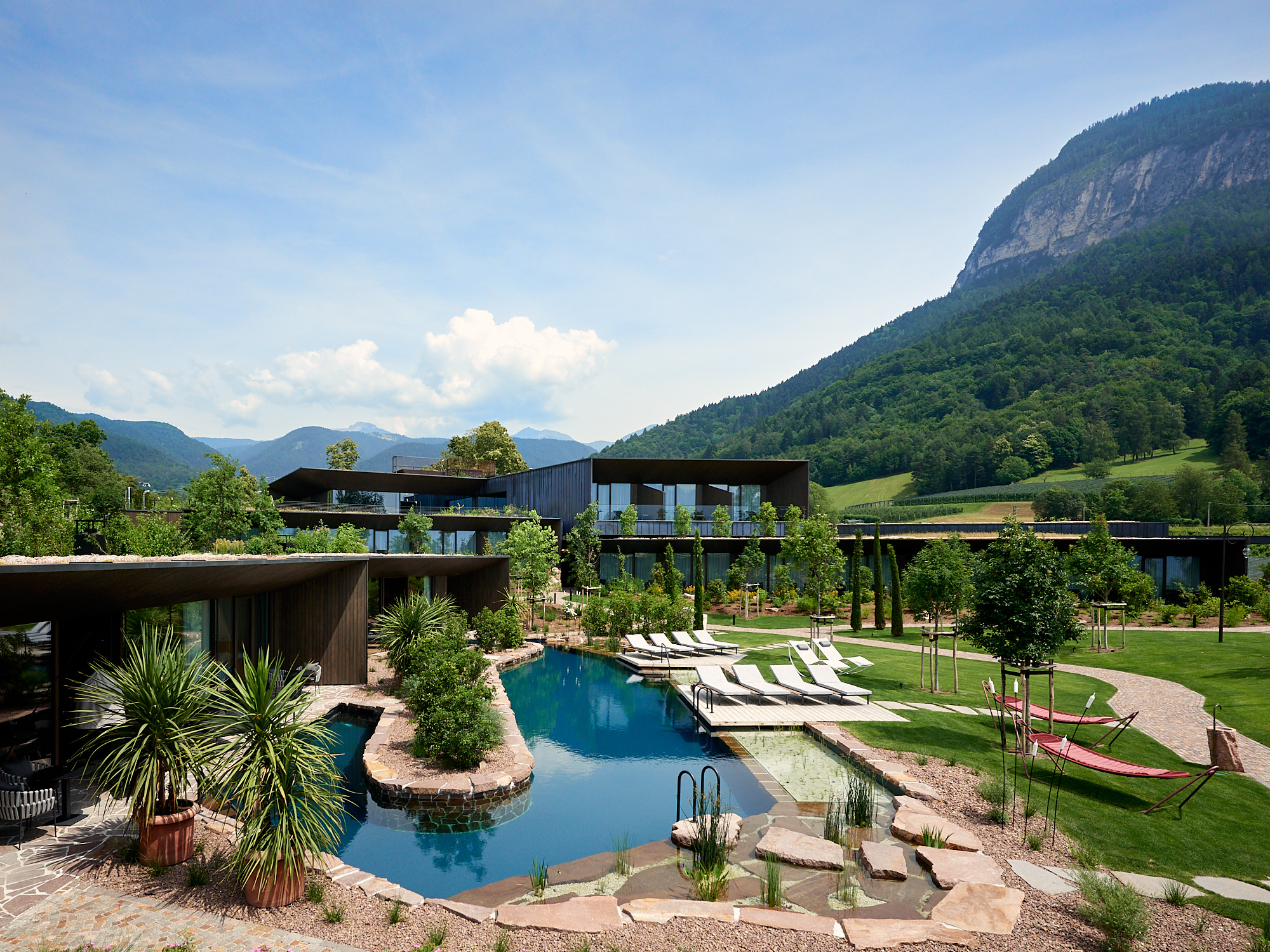
What is Contract Furniture and Why It Matters in Hospitality
Contract furniture refers to commercial-grade furniture designed for businesses such as hotels and restaurants. The term “contract” signifies that these pieces are made under a contract for commercial settings, adhering to higher performance requirements than typical home furniture. In practical terms, contract furniture is engineered for longevity, safety, and intensive use. Hoteliers and restaurateurs choose contract-grade sofas, chairs, tables, and casegoods because they know these items are built to last – often using robust materials and construction techniques to handle hundreds of users over time. For example, a boutique hotel’s armchairs or a resort’s outdoor loungers will be used by guest after guest, day in and day out. If they were residential-grade, they might show wear or fail quickly. Contract furniture, by contrast, offers superior durability and often comes with warranties that underscore its long-term performance.
Equally important, contract furniture must meet specific hospitality industry standards for safety and durability. This can include fire-retardant upholstery, sturdier joins and frames, and finishes that resist scratches and stains. In hotels and restaurants, there are fire codes and regulations to consider, as well as standards for stability and strength. Quality contract pieces adhere to these regulations, giving business owners peace of mind that their furniture is not only beautiful but also compliant with health and safety requirements. In essence, contract furniture forms the backbone of any hospitality space – it ensures that the design vision of a luxurious hotel lobby or a chic restaurant can be realized without compromising on practicality or guest well-being.
Beyond compliance and durability, contract furniture is essential for creating atmosphere and experience. Hospitality is all about guest experience, and furniture plays a starring role in that. Imagine a hotel lobby with well-cushioned, elegant seating clusters that invite guests to linger, or a restaurant with chairs that are as comfortable as they are stylish, encouraging patrons to relax and enjoy their meal. The right furniture makes guests feel pampered and at ease, reinforcing a hotel or restaurant’s brand promise. Luxury establishments, in particular, know that bespoke furniture can become a hallmark of their identity – a signature element that guests remember. Thus, investing in the right contract furniture is not just a procurement decision, but a strategic move to enhance guest satisfaction and brand reputation.
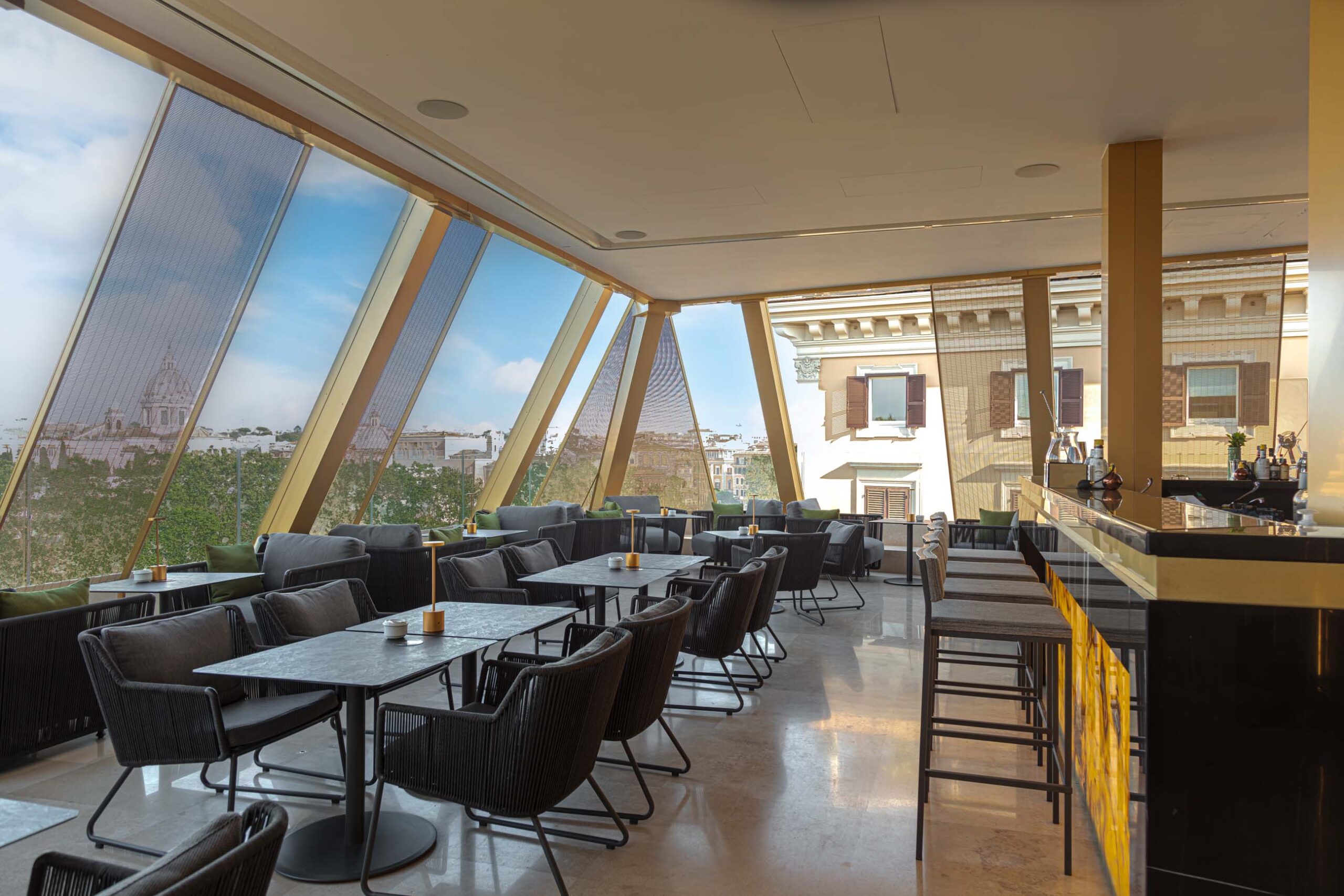
Key Considerations When Choosing Hospitality Contract Furniture
Selecting furniture for a high-end hotel or restaurant is a significant undertaking. It’s about choosing pieces that will define your space and serve your clientele for years. Here are the key considerations to keep in mind when evaluating hospitality contract furniture options:
Durability and Quality
Luxury hospitality venues demand furniture that can maintain its appearance and integrity under heavy use. Durability is paramount – the pieces must withstand the constant coming-and-going of guests, luggage scuffs, frequent cleaning, and the test of time. Contract furniture is specifically crafted from high-quality, commercial-grade materials to ensure this level of endurance. For instance, frames are often made of solid wood, metal, or industrial-strength alloys; joints are reinforced, and surfaces are treated to resist wear. The goal is to prevent the wobbling chair, the sagging sofa cushion, or the chipped tabletop that would mar a luxury setting’s image.
One advantage of investing in high-quality contract furniture is cost-effectiveness over time. While the upfront cost may be higher than residential furniture, the longevity pays off. Top manufacturers design these pieces to last many years – some even offer extended warranties as a testament to their confidence in the product’s durability. This means fewer replacements and repairs in the long run, saving money and preventing the inconvenience of out-of-service furniture. In a hotel that’s open 24/7 or a restaurant with daily dinner service, having furnishings that require minimal maintenance and can handle continuous use is invaluable. It ensures that operations run smoothly and the guest environment remains consistently polished.
Moreover, durability in hospitality furniture isn’t only about surviving usage – it’s also about retaining aesthetic quality. High-traffic pieces like lobby sofas, bar stools, and hospitality seating must resist not just physical wear but also maintain their look. Premium contract furniture will use top-tier fabrics with strong rub counts (indicating how much abrasion they can take) and finishes that won’t easily fade or crack. When seating in a chic lounge still looks and feels impeccable after thousands of sit-downs, that’s a hallmark of quality.
Aesthetics and Design Harmony
In the luxury segment, aesthetics are non-negotiable. Hotels and restaurants thrive on offering a visual and experiential feast, and furniture is a key design element that must align with the overall interior concept. When choosing contract furniture, it’s crucial to consider design compatibility – do the furniture pieces complement the space’s theme, color palette, and architectural style? Every element, from the silhouette of a chair to the texture of its upholstery, contributes to the atmosphere. For example, a contemporary boutique hotel in Los Angeles might opt for sleek, low-profile sofas and minimalist tables to project a modern, chic vibe, whereas a resort in a tropical locale might favor plush rattan lounge chairs and teak wood tables that echo its natural surroundings.
Design harmony means that furniture should not only match the décor but also enhance it. In a grand hotel lobby, the selection of furniture can create intimate zones within a large space – grouping elegant armchairs and coffee tables on a beautiful rug to invite conversation, for instance. In a restaurant, the chairs and dining tables should set the stage for the cuisine – think of how a Michelin-starred restaurant might use refined, sculptural chairs that almost serve as art pieces, versus a casual luxury bistro that might use upholstered banquettes for a cozy, inclusive feel. The key is that the furniture’s style resonates with the brand’s story and the expectations of its guests.
Another aspect of aesthetics is current design trends. While one should be careful not to choose something so trendy that it dates quickly, being aware of modern preferences can inform selections that feel fresh and relevant. Today’s trends in hospitality design include a few notable directions: sustainable and natural materials (for a sense of organic luxury), biophilic design elements like natural wood grains or woven textures that bring an element of nature indoors, and multifunctional furniture that can adapt to different uses. For example, modular seating that can reconfigure for private events, or ottomans that double as side tables, add flexibility to a space – a valuable trait in dynamic hotel and restaurant environments. Ultimately, choosing aesthetically pleasing furniture that aligns with both timeless design principles and contemporary tastes will create a memorable environment that impresses guests.
An elegant hotel lobby seating area showcases how high-end hospitality furniture combines refined aesthetics with comfort. The leather sofas and armchairs are not only stylish but built for the durability and easy maintenance that a busy hotel demands.
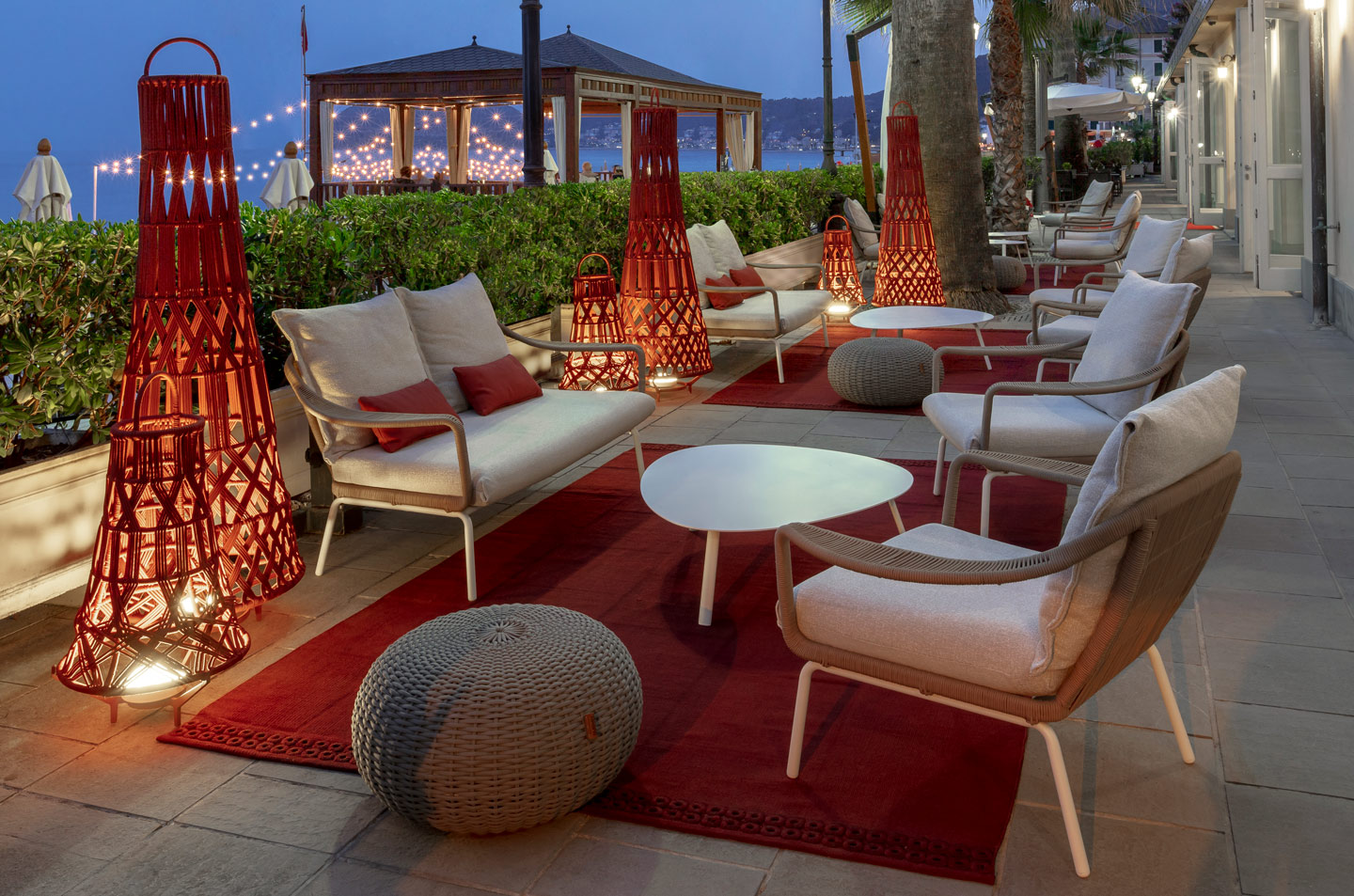
Customization and Bespoke Design
No two hospitality projects are exactly alike. The most lauded hotels and restaurants in the world often differentiate themselves through unique design elements – and custom furniture is one of the most effective ways to achieve a distinctive look. Customization in contract furniture allows owners and designers to tailor pieces to their exact vision and functional needs. This could mean altering dimensions to perfectly fit a lobby’s layout, selecting a specific fabric that matches the hotel’s signature color, or even commissioning a completely original piece that embodies the brand’s identity.
Working with manufacturers or designers who offer bespoke custom hospitality furniture solutions can be transformative. It ensures that the furniture is not just an afterthought, but an integral part of the interior architecture. For instance, a high-end restaurant might commission custom banquettes with unique stitching and curves to fit into a particular nook, creating a one-of-a-kind dining enclave. A luxury resort might need outdoor cabanas or daybeds built to specific measurements and finishes, aligning with their landscape design. The ability to customize means that the furniture will never feel out-of-place; instead, it will appear as if the room was built around those pieces.
Beyond aesthetics, customization also addresses particular practical needs. If a hotel lobby has an unusual shape, custom furniture can maximize seating without crowding the space – perhaps a curved sofa to hug a round window, or modular pieces that perfectly fill a nook. In terms of branding, a bespoke approach can incorporate logos, signature motifs, or local cultural elements into the furniture design in subtle ways, further reinforcing a sense of place and story. Many contract furniture manufacturers understand the importance of these tailored solutions and offer flexible customization options to their hospitality clients. The result is a cohesive and exclusive environment that guests won’t experience anywhere else.
Melaaura excels in this realm of customization. As a provider of luxury contract furniture, Melaaura partners closely with designers and architects to bring creative visions to life. Whether it’s selecting from a curated range of premium materials or crafting completely new pieces, the process is collaborative and focused on achieving a perfect fit – both in style and in function – for the space. This bespoke capability means a hotel or restaurant isn’t limited to catalog selections; instead, they can create furniture that truly encapsulates their brand’s character, all while maintaining the robustness required for commercial use.
Compliance and Commercial Standards
In selecting contract furniture for hospitality, compliance with commercial standards is a critical factor that underpins safety and quality. High-end venues must ensure that every piece of furniture not only looks the part but also meets the regulatory requirements of public spaces. This includes adherence to fire codes (for example, using flame-retardant foam and fabrics that meet CAL 117 or other local fire safety standards for upholstery), structural safety standards (chairs and tables that can bear specified loads without tipping or collapsing), and even accessibility guidelines. For instance, in a restaurant, tables might need to accommodate wheelchair access, and a certain percentage of seating may need to be designed for ADA compliance to ensure all guests are comfortable.
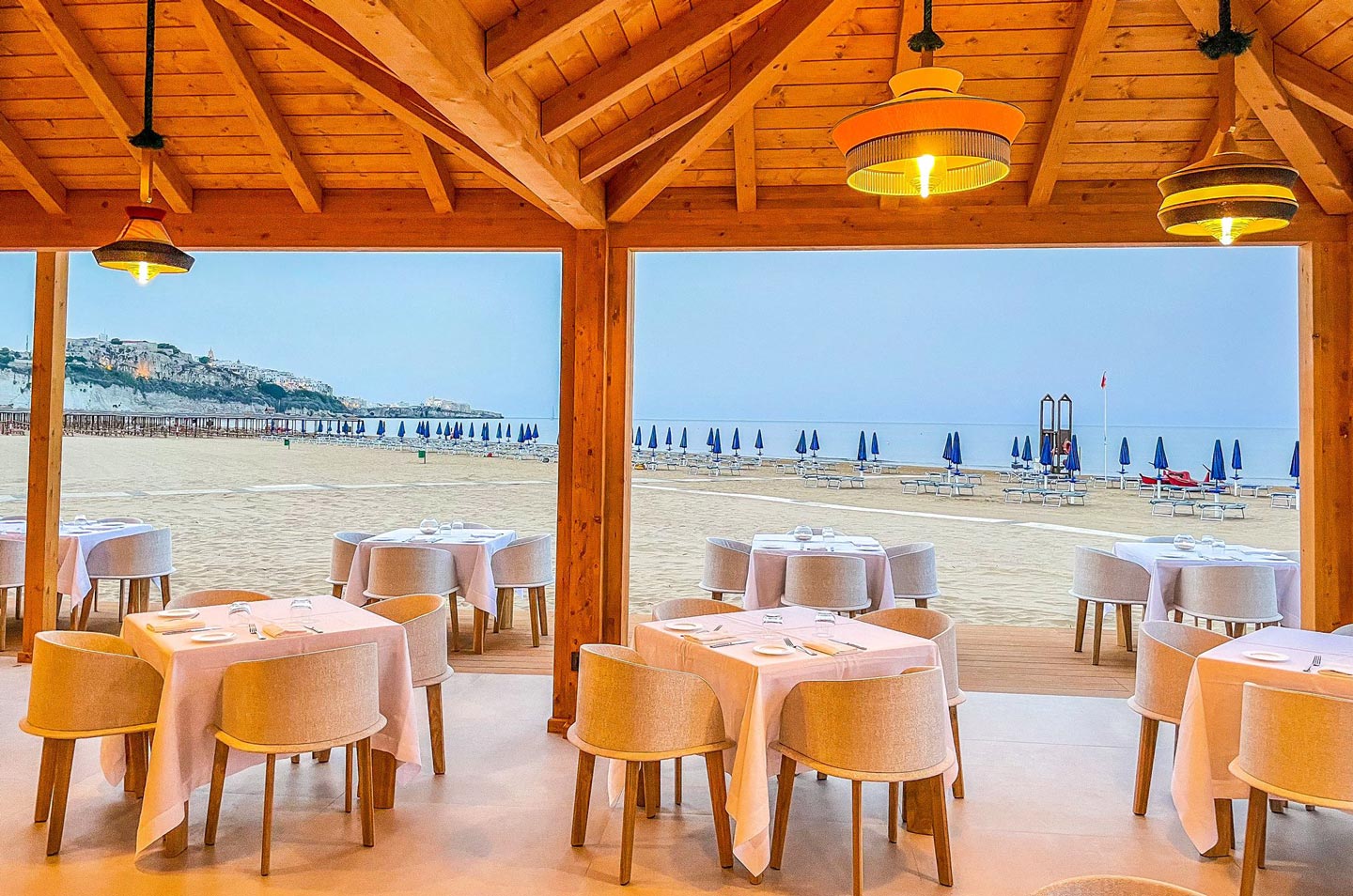
Contract furniture manufacturers typically provide documentation of compliance certifications – these can include flammability ratings, durability testing results (such as ANSI/BIFMA standards in the U.S. for commercial furniture), and sustainability certifications if applicable. When choosing furniture, hospitality buyers should verify that the pieces have been tested for commercial use. For example, fabric and foam in hospitality seating often undergo fire testing to meet strict codes, and finishes might be certified for low emissions (important for indoor air quality). Using furnishings that were only intended for residential use could put a business at legal risk and, more importantly, endanger guest safety. Thus, compliance isn’t just bureaucratic – it’s an assurance of safety and reliability.
Another angle of compliance is hospitality industry standards for durability and hygiene. In hotels, especially those with international clientele, furniture might need to meet certain international standards or hospitality rating criteria. Furniture in a hotel breakfast area or a bar should be made of materials that are easy to clean and sanitize (critical for health and safety). In poolside or spa areas, outdoor furniture must be water-resistant and mold-resistant. All these considerations mean that hospitality furniture is engineered with special attention to these conditions – metals are treated to resist rust, woods are sealed against moisture, and fabrics might be antimicrobial or bleach-cleanable. By ensuring all furnishings are built to these rigorous standards, hotel and restaurant owners protect their investment and their guests.
Brand Alignment and Guest Experience
Finally, one of the most nuanced yet vital considerations is how well the furniture aligns with and enhances the brand identity and desired guest experience of your hotel or restaurant. In the luxury market, brand storytelling happens through sensory details – and furniture is a tactile, visible touchpoint that communicates volumes about what a brand stands for. When choosing contract furniture, ask: does this piece reflect the image we want to portray? For a heritage luxury hotel, that might mean furniture with classic elegance, perhaps tufted leather sofas or ornate wood carvings that exude tradition and refinement. For a cutting-edge luxury boutique hotel, it could be avant-garde shapes or innovative materials that show you’re forward-thinking.
Brand alignment goes beyond looks; it extends to the values a brand espouses. A resort brand known for sustainability and eco-luxury will likely prioritize furniture made from sustainable materials like reclaimed wood, bamboo, or recycled metals, and produced by manufacturers with green certifications. This ensures authenticity – the physical environment supports the brand’s ethos. Similarly, a hospitality brand that prides itself on local culture might incorporate locally crafted furniture or design motifs that celebrate regional artisanship.
The guest experience is the ultimate litmus test. Furniture should be chosen with the guest’s comfort and journey in mind. In a hotel room, for example, the armchair in the corner should not only match the décor but also be supremely comfortable, encouraging guests to sink in with a book or enjoy room service. The height of a desk chair, the softness of a lounge sofa, the spaciousness of a dining chair – these practical details affect how a guest feels during their stay or meal. When furniture aligns with the brand and is attuned to guest needs, it creates a seamless experience where everything feels intentional and in harmony. Guests may not always consciously notice each piece of furniture, but they will absolutely feel the overall effect of a well-furnished space: it’s the difference between a good visit and an unforgettable one.
Materials and Design Trends in Hospitality Furniture
Choosing the right contract furniture also means paying attention to the materials used and staying informed about evolving design trends in the hospitality industry. Materials dictate not only the look and feel of furniture but also its performance over time. In luxury hospitality settings, we often see a blend of timeless materials and innovative new ones:
- Wood and Veneers: Solid hardwoods (like walnut, oak, or teak) and high-quality veneers provide warmth and classic elegance. They are often used in hotel casegoods (dressers, headboards) and restaurant tables for their sturdy construction and upscale appearance. Wood pieces in hospitality are usually finished with protective coatings to handle spills and scratches, preserving their beauty through years of use.
- Metal Frames and Accents: Metals such as stainless steel, brass, and aluminum are prized for their strength and modern vibe. Chrome or brass legs on chairs and tables can add a touch of glamour or contemporary sleekness. In outdoor furniture, powder-coated aluminum or stainless steel is common for its weather-resistant properties. Metals also align with the industrial-chic trend seen in many urban boutique hotels.
- Upholstery Fabrics and Leather: The comfort of a chair or sofa largely comes from its upholstery. In hospitality, fabrics need to be both luxurious to the touch and enduring. We find heavy-duty linens, velvets, and performance textiles that resist stains. Fine leathers or leatherettes are popular in high-end bars and lobbies for their rich look and durability. Importantly, these materials are often treated to meet fire safety and wear standards (with high double-rub counts and flame retardant backing.
- Outdoor Materials: For hospitality outdoor furniture, materials must handle sun, rain, and varying temperatures. Teak wood is a favorite for luxury resorts due to its natural oil content that resists weather. Synthetics like all-weather wicker (woven resin) mimic the look of rattan but survive outdoors. Sleek outdoor fabrics for cushions are made from solution-dyed acrylics (like Sunbrella) that won’t fade or mildew. When selecting commercial outdoor furniture, ensure it’s explicitly rated for outdoor contract use – this means rust-proof metals, UV-resistant plastics, and quick-dry foam in cushions, among other features.
- Innovative Surfaces: In restaurant tables or hotel desks, we see materials like tempered glass, marble or granite tops, and new composites (such as quartz or solid-surface acrylics). These materials can elevate the luxury feel and are chosen for both aesthetics and practicality – stone and quartz are heat-resistant and scratch-resistant, ideal for dining surfaces. Laminate and high-pressure laminate (HPL) have also improved greatly in appearance and are used for their durability in casegoods and table tops, providing a huge range of looks (including convincing wood or stone patterns) with easy maintenance.
As for design trends, hospitality furniture in 2025 continues to evolve with the times:
- Sustainability and Eco-Chic: There’s a strong movement towards eco-friendly design. Recycled and upcycled materials are making their way into high-end furniture. Think chairs made from recycled plastics that look as elegant as virgin materials, or tables crafted from reclaimed wood with a storied patina. This sustainable approach not only appeals to environmentally conscious guests but often adds a unique character to the furniture. Hotels and restaurants are highlighting these choices as part of their brand story, blending luxury with responsibility.
- Multifunctional and Modular Design: Flexibility is key in modern hospitality operations. Furniture that can serve multiple purposes or reconfigure easily is in demand. Luxury hotels are incorporating modular sofas that can be separated or joined for different events, nesting tables that tuck away when not needed, and movable partitions that include built-in seating or shelves. This adaptability allows a space to transition from a daytime lounge to an evening event venue seamlessly.
- Biophilic and Natural Inspirations: Biophilic design, which integrates natural elements into the built environment, remains influential. Beyond just adding plants, furniture design itself is echoing organic forms and natural materials. We see more live-edge wooden tables, pebble-shaped ottomans, and woven textures in chairs that give a hand-crafted, earthy vibe. These elements help create calming, nature-infused atmospheres – a trend particularly popular in resort and spa environments where relaxation is the goal.
- Bold Statement Pieces: Another trend at the luxury end is the use of one or two statement furniture pieces that become focal points. This could be a spectacular sculptural chair in a lobby or avant-garde lighted stools in a bar. They act as conversation starters and photo-worthy highlights, catering to the social media moment as well. When incorporating such pieces, it’s vital they still meet contract standards, but designers are having success marrying artistry with functionality.
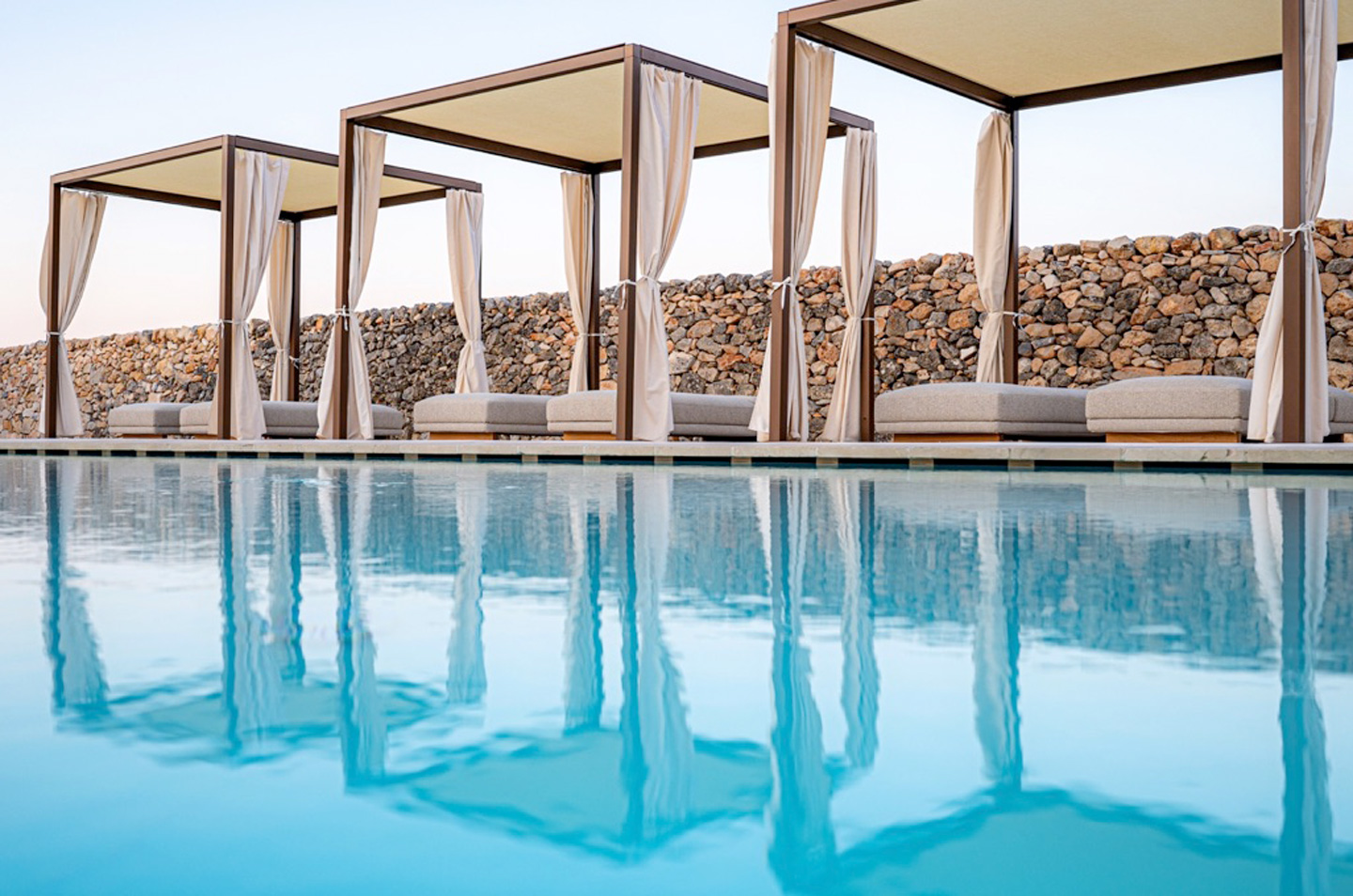
Staying attuned to these materials and trends means that when you choose new furniture, you are selecting options that are not only reliable and appropriate for hospitality use, but also forward-looking in style. This keeps your hotel or restaurant relevant and exciting, ensuring guests feel that sense of fresh luxury that sets your venue apart.
Melaaura’s Custom Capabilities and LA Design Ethos
When it comes to contract furniture that embodies luxury, innovation, and reliability, Melaaura stands out as a leader in the field. Based in Los Angeles – a city known for trendsetting design and a vibrant hospitality scene – Melaaura brings a unique blend of California creativity and international craftsmanship to its custom furniture offerings. The brand’s ethos revolves around delivering bespoke contract furniture that perfectly aligns with a client’s vision, while upholding the highest standards of quality.
One of Melaaura’s key strengths is its ability to provide end-to-end solutions for hospitality projects. From conceptualization and design collaboration to manufacturing and installation, the company supports designers, architects, and owners through every step. With a team of seasoned experts, we ensure that each piece is not only beautiful on paper but also practical and precise in execution. This is especially vital for complex projects like hotels, where coordinating furniture design with construction and interior finishes can make all the difference. Melaaura’s project management approach means clients receive comprehensive support – whether it’s creating 2D/3D renderings of a proposed lobby layout or handling the logistics of delivering and installing furniture across an entire resort.
Crucially, Melaaura marries its LA-based design flair with world-class manufacturing. The brand has established partnerships with renowned workshops and factories in Europe and beyond, including Italy, Spain, Belgium, Turkey, and Indonesia. This global network allows Melaaura to tap into specialized artisanship and cutting-edge contract furniture manufacturing techniques. European craftsmanship, for instance, is evident in the fine detailing and finish of many Melaaura pieces – from impeccably stitched upholstery to perfectly balanced marble table tops. At the same time, having a local presence in Los Angeles means they understand the practical needs of American and international hospitality clients, including compliance with local codes and the ability to coordinate effectively within the U.S. market.
For hospitality decision-makers seeking out contract furniture, partnering with Melaaura offers peace of mind. The blend of LA-inspired design vision and proven manufacturing expertise means that clients get the best of both worlds: cutting-edge style and reliable substance. Melaaura’s commitment to quality, craftsmanship, and exceptional service has made it a go-to provider for custom luxury contract furniture. In an industry where the stakes are high – a hotel’s reputation or a restaurant’s appeal can hinge on the environment they create – having a partner like Melaaura ensures that the furniture elevates the space to its fullest potential.
